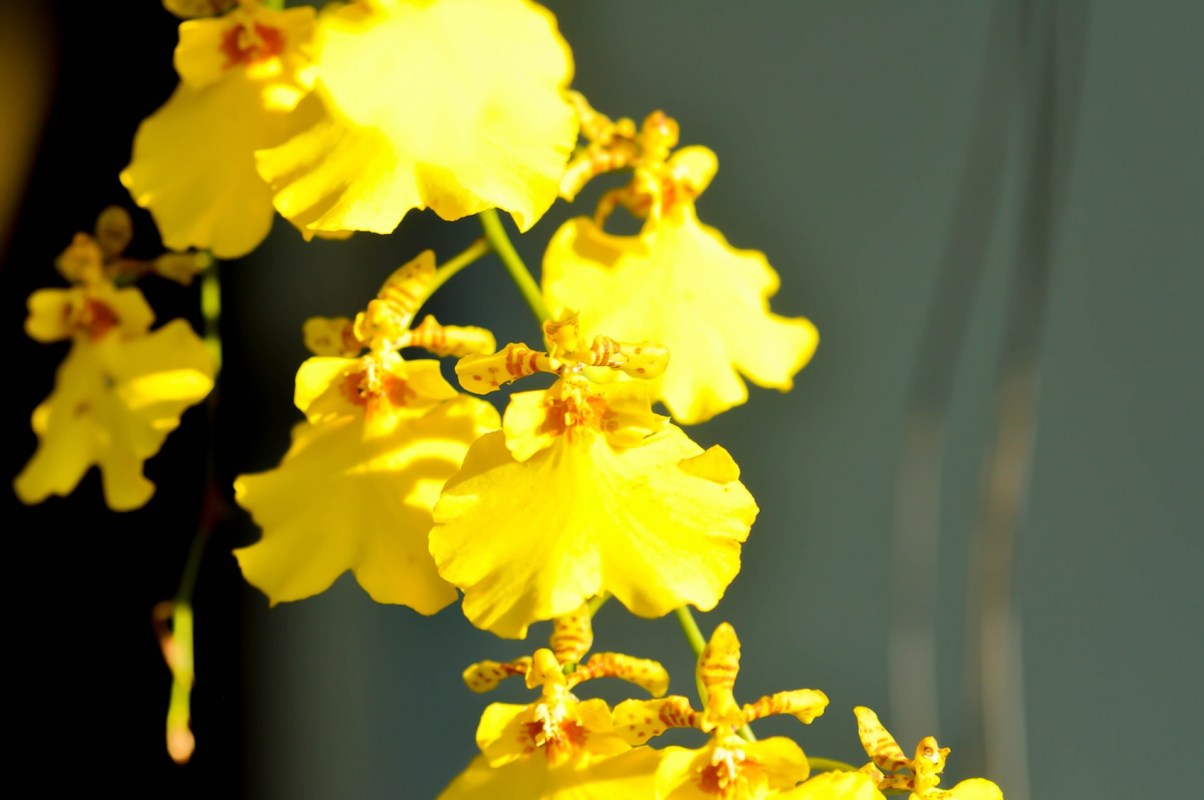The Dendrobium, or golden grass orchid, is a type of flower that plays an important role in the religious ceremonies of the Indigenous Tsou people of Taiwan. Due to rising global temperatures, the flower is vanishing from the wild.
What is happening?
The Dendrobium orchid grows in warm temperate climates — however, it requires winter temperatures of below around 53 degrees Fahrenheit for its buds to form. Due to average temperatures rising consistently, the flower is becoming more and more difficult for the Tsou people to find, as they have to travel to higher elevations to locate it.
The Tsou call the flower the "God Flower," and it plays a central role in their three-day Mayasvi ceremony. Complicating matters further, tradition dictates that the God Flower cannot be cultivated artificially. Instead, it must be picked in the wild on the morning of the ceremony.
"My tribe has to have the God Flower for our ceremonies. Otherwise, God won't be able to find us," tribal elder Gao Desheng told the BBC.
Why is this concerning?
Rising global temperatures and changing weather patterns are affecting life all over the planet as countless species are becoming threatened and endangered, from salmon to starfish to monarch butterflies and beyond.
For the Tsou, the issue is threatening not only their religious ceremonies but their livelihoods as well. Those who farm bamboo have seen their crops decimated by drought. The BBC spoke to one person who strategically switched from bamboo to coffee and has now seen those crops impacted by rising temperatures as well and is considering switching again to a different crop.
What can be done about it?
The issue of rising global temperatures cannot be meaningfully addressed without governments stopping the production of dirty energy sources like gas and oil and switching to clean, renewable sources like wind and solar.
Some steps that individuals can take to reduce their personal impact on rising temperatures include joining a community solar program and using an e-bike instead of a car on short trips.
Join our free newsletter for cool news and cool tips that make it easy to help yourself while helping the planet.









